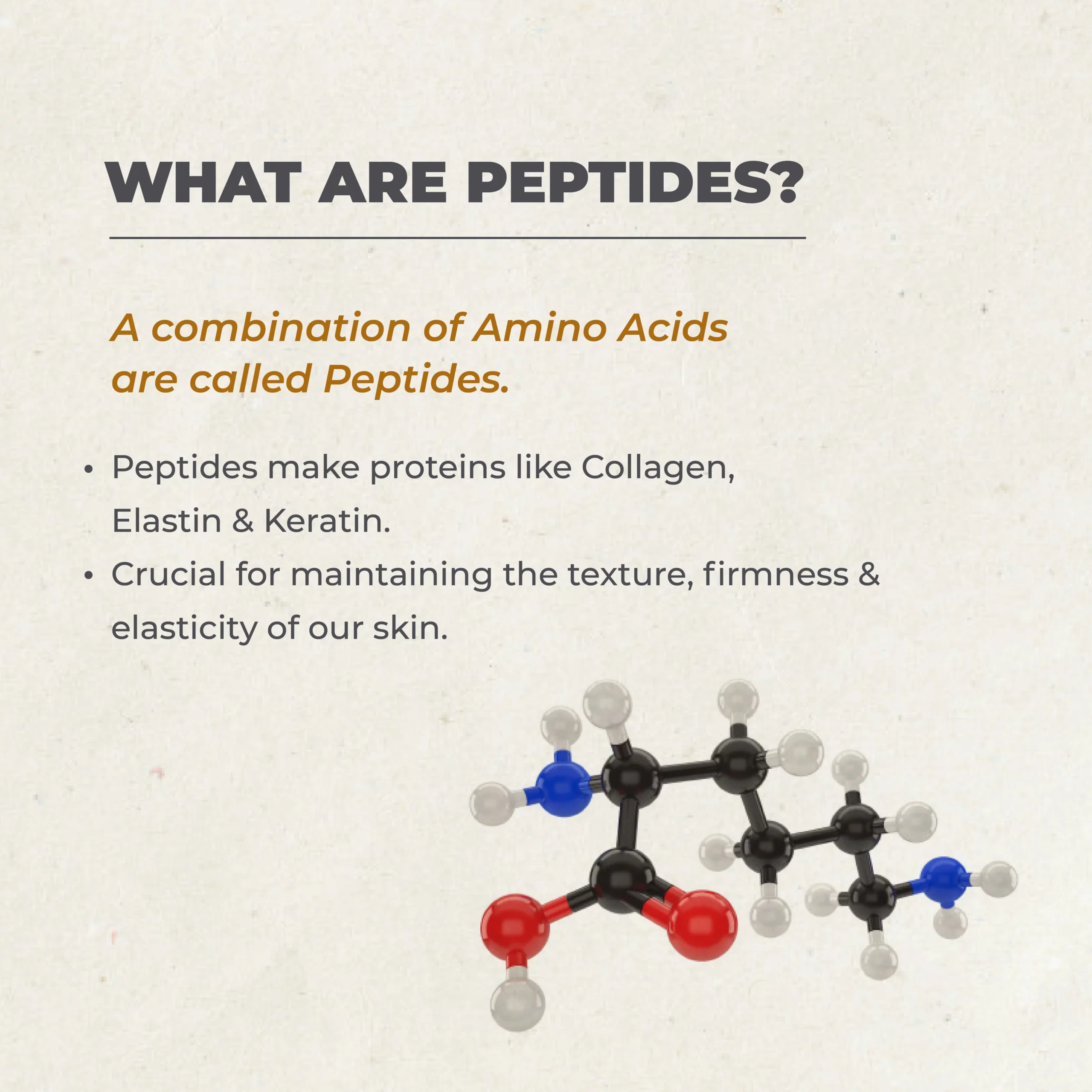Peptides are short chains of amino acids, which are the building blocks of proteins. Peptides play a crucial role in various physiological processes in the body, including cell signaling, tissue repair, immune function, and hormone regulation. In recent years, peptides have gained attention in the field of health and fitness due to their potential benefits in injury recovery, human growth hormone (HGH) production, fitness, and overall health.

What are peptides and how can they help me with injury recovery, HGH production, fitness, and overall health?

- Injury recovery: Certain peptides have been shown to promote tissue repair and healing, making them potentially beneficial for injury recovery. For example, peptides such as BPC-157 (Body Protective Compound-157) have been shown to accelerate healing of tendons, ligaments, and other tissues, and may aid in the recovery from musculoskeletal injuries.
- HGH production: Some peptides, such as growth hormone-releasing peptides (GHRPs) and growth hormone secretagogues (GHSs), have been found to stimulate the production of human growth hormone (HGH) from the pituitary gland. HGH is a hormone that plays a crucial role in growth, metabolism, and tissue repair, and has been implicated in various health and fitness benefits, including muscle growth, fat loss, and anti-aging effects.
- Fitness performance: Peptides have been studied for their potential benefits in improving fitness performance. For example, certain peptides like ipamorelin and tesamorelin have been shown to improve exercise endurance, increase muscle strength, and enhance recovery after strenuous exercise. These effects may be particularly relevant for athletes or individuals seeking to enhance their physical performance.
- Overall health: Peptides may also have potential benefits for overall health and well-being. For instance, antioxidant peptides, such as glutathione, have been studied for their role in reducing oxidative stress and inflammation, which can contribute to various health conditions, including chronic diseases like cardiovascular disease, neurodegenerative diseases, and cancer. Peptides may also have immune-enhancing properties, and some have been studied for their potential to boost the immune system and improve overall health.
It's important to note that while peptides show promise in these areas, their use should be done under the supervision of a qualified healthcare provider, and the benefits and risks should be carefully considered on an individual basis. Peptides are typically available only by prescription and should be used according to appropriate dosages and administration methods. Peptides may also have potential side effects, and their safety and efficacy in specific populations, such as pregnant or breastfeeding individuals, have not been fully established. It's essential to consult with a healthcare provider who is knowledgeable about peptides and their potential benefits and risks before using them for injury recovery, HGH production, fitness, or overall health purposes.
